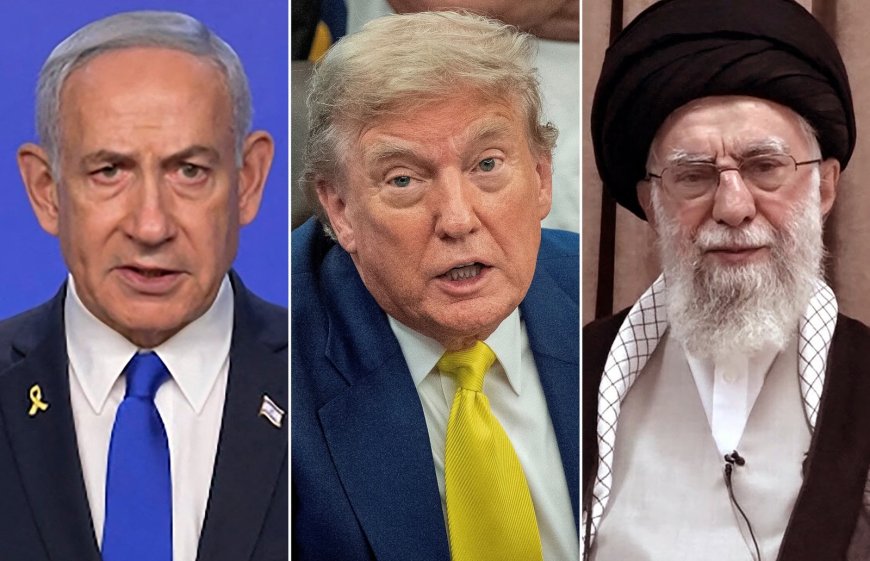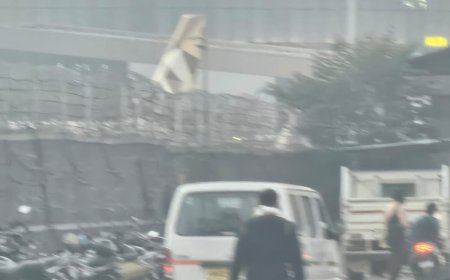Washington, D.C. – June 20: Amid escalating hostilities between Israel and Iran, U.S. President Donald Trump has announced a two-week window for diplomacy before determining whether the United States will enter the conflict, CNN reported. The move aims to revive stalled negotiations with Tehran while Israel intensifies its military campaign under “Operation Rising Lion.”
The Trump administration, weighing the consequences of direct involvement, is pressuring Iran to halt its uranium enrichment program — a longstanding demand Tehran has repeatedly rejected. The pause in decision-making offers both a strategic and political buffer, allowing Trump to evaluate the risks of a foreign war as U.S. intelligence continues monitoring the conflict’s trajectory.
“We believe diplomacy remains viable,” said White House Press Secretary Karoline Leavitt. “But Iran and the entire world should know that the United States military is the strongest and most lethal fighting force in the world.”
While Trump reviewed military options, including the use of bunker-buster bombs against Iran's underground Fordow nuclear facility, he reportedly expressed reservations over the potential for a prolonged war. Advisers and former strategist Steve Bannon have also cautioned against a multi-year military engagement that could distract from domestic priorities.
No direct diplomatic contacts have been scheduled, but White House efforts have included the proposed deployment of Middle East envoy Steve Witkoff and Vice President JD Vance to the region — both of whom remain in Washington as indirect backchannel outreach continues.
In parallel, European diplomacy is intensifying. Foreign ministers from the UK, Germany, and France are slated to meet with Iranian representatives in Geneva this Friday. The talks aim to reassess a previous U.S.-backed offer facilitated by Witkoff and explore Iran’s willingness to negotiate under pressure from Israeli strikes.
However, Iran remains steadfast. Officials in Tehran have reiterated that no talks with the U.S. will occur until Israeli airstrikes cease. They accuse Washington of failing to restrain its ally, a sentiment echoed in recent Iranian state broadcasts.
U.S. Secretary of State Marco Rubio has remained active in the diplomatic sphere, reaffirming Washington's commitment to non-proliferation in discussions with British Foreign Secretary David Lammy. “Iran can never develop or acquire a nuclear weapon,” Lammy emphasized ahead of the Geneva talks.
The current crisis erupted on June 13 when Israel launched a series of airstrikes targeting Iran's nuclear facilities in response to intelligence alleging accelerated weapons development. Iran responded with retaliatory missile attacks, raising fears of broader regional destabilization.
As the world watches the fragile two-week window, the next moves by Tehran and Washington could determine whether this latest Middle East flashpoint can be contained—or spirals into a wider confrontation.




 Previous
Article
Previous
Article











